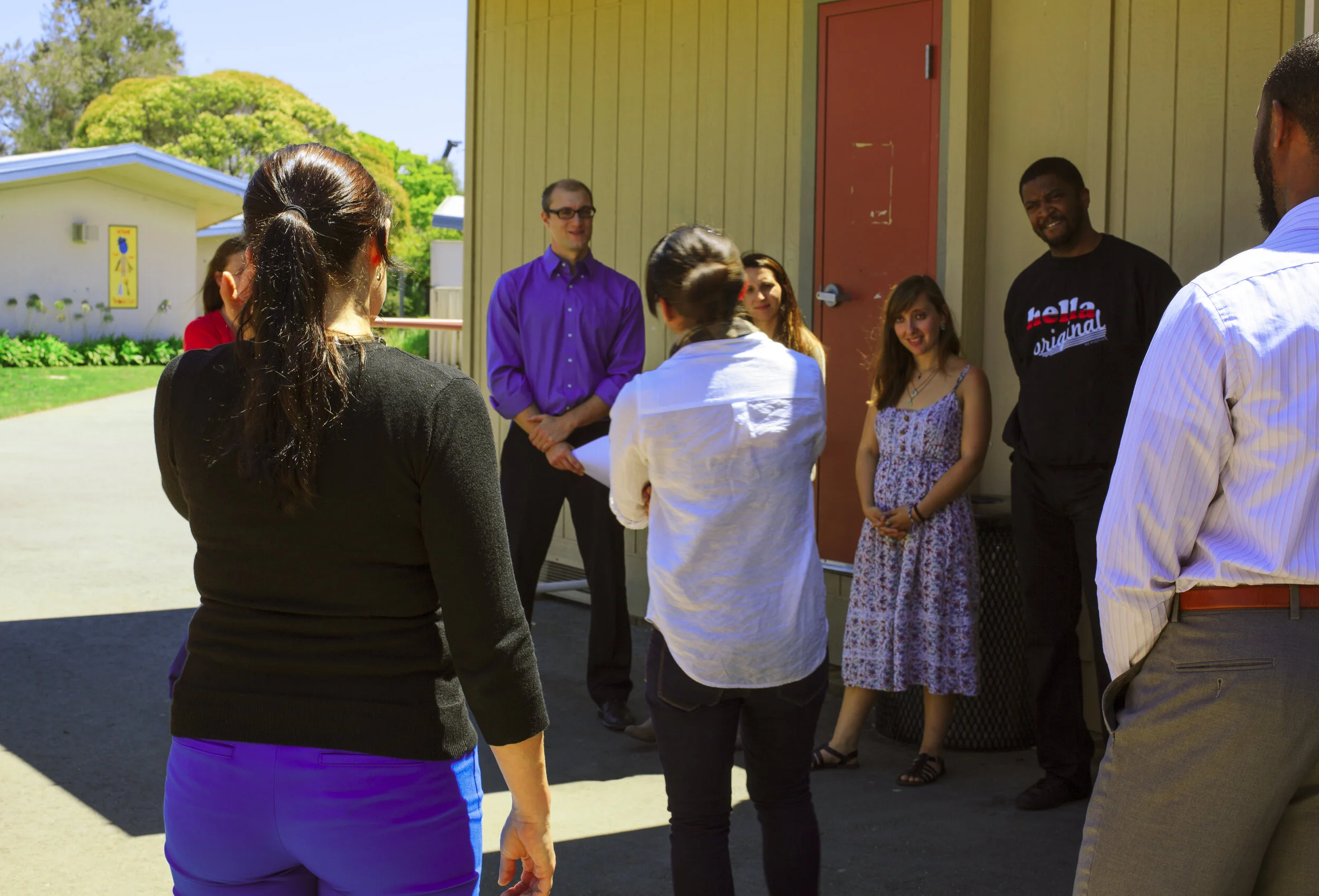FRAMES OF REFERENCE
is a feature-length documentary guided by a cowgirl who brings you to a meth addict teacher, transexuality being taught to kids, and a classroom where students get guns. Shot in six countries, Frames of Reference examines how education evolves and shapes culture.
An experimental feature-length experimental film that begins with two friends in silhouette conversing while sitting down to watch a documentary called The Education Project for the first time. The documentary they watch will explore different perspectives on education through vignettes at seven contrasting schools. It will focus on the struggles of costs, cultural norms, and student’s personal lives.
This groundbreaking documentary offers a candid platform to the undervalued voices of those shaping education around the world through 1-on-1 interviews that will weave through the diverse actuality of learning and the formation of young individuals around the world. The audience will hear the two friends converse about the film’s various regions and cultures. Each interviewee will paint a picture of what it’s like being educated within each school. Below are the schools in the documentary the friends watch in the order they appear.
VOICE OF FRAMES OF REFERENCE
School Students, Teachers, Parents, and Administration
The bulk of Frames of Reference the friends watch is told through 1-on-1 interviews in the subjects’ native languages. That film captures the candid stories of the people most directly affected by education: students, teachers, and parents. It shares the stories of the voices that haven’t been heard and are excited to share their experience.
Belarus
Burkina Faso
United States
France
Northern Cheyenne Nation
Japan
Director’s Statement
This film I started as my first project beginning my career. I began it because my parents told me they were working at a very unique school in Lame Deer, Montana. It had social problems and my parents experienced a culture-clash as they had never traveled out of the country. I myself was just returning from my second stint of living abroad and felt it difficult to communicate what I had learned from my experience. Since I heard about my parents finally explaining what it is like to experience a totally new perspective on growing up, cultural norms and similarities, I wanted to contrast this interesting school they were involved in with other interesting schools from entirely different regions around the world.
I set forth to find six other schools that intrigued me as much as Lame Deer Elementary School. My goal was to include schools from Asia, Europe, North America, and South America.I also knew I wanted to make the film entertaining. The first film that really did something extra in documentaries that caught my attention in high school was Bowling for Columbine. They covered a serious topic, made it fun and clear through narration and animation.
As I continued to learn how to edit documentary, I really noticed that the structure needed something extra to remind the viewer of their perspective in the film. I thought of how other films had done this in film history, such as Breathless with its pizzicato jump cuts in the edit. Fog of War was the first documentary that I saw that was truly beautiful and Bowling for Columbine showed how documentaries can have opinions of their own, have a narrative arc, and still be impactful. All of these films created a techniques that took the audience out fo the moment and reminded them they were watching a film. I needed something more that also reminded the audience member where they were right now compared to the people in the film. So, the idea of a someone reacting to the film and watching the film came to me when I was told about Lynn Nottage’s By the Way, Meet Vera Stark. A play where they discuss a play within a play and react to the first act. thinking also of the program Mystery Science Theatre 3000 I came up with the concept of two friends who discuss and watch a documentary film for the first time. Sharing two developed perspectives on the documentary while we watch seven schools that develop perspectives very differently around the world.
Justin Joseph Hall
Set for release in 2021, we're currently seeking partners in funding, development, post-production, and distribution. Get in touch with us!








